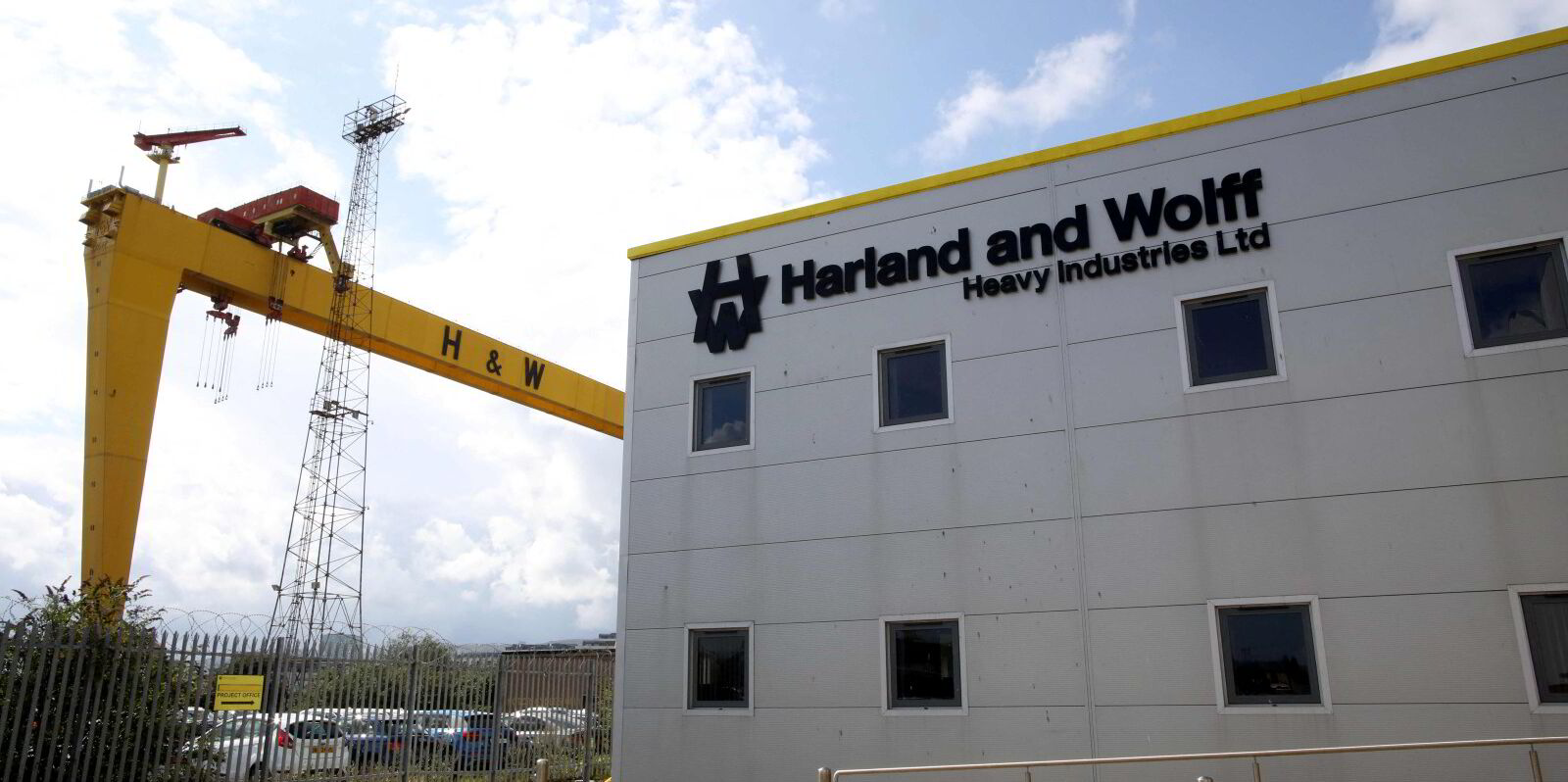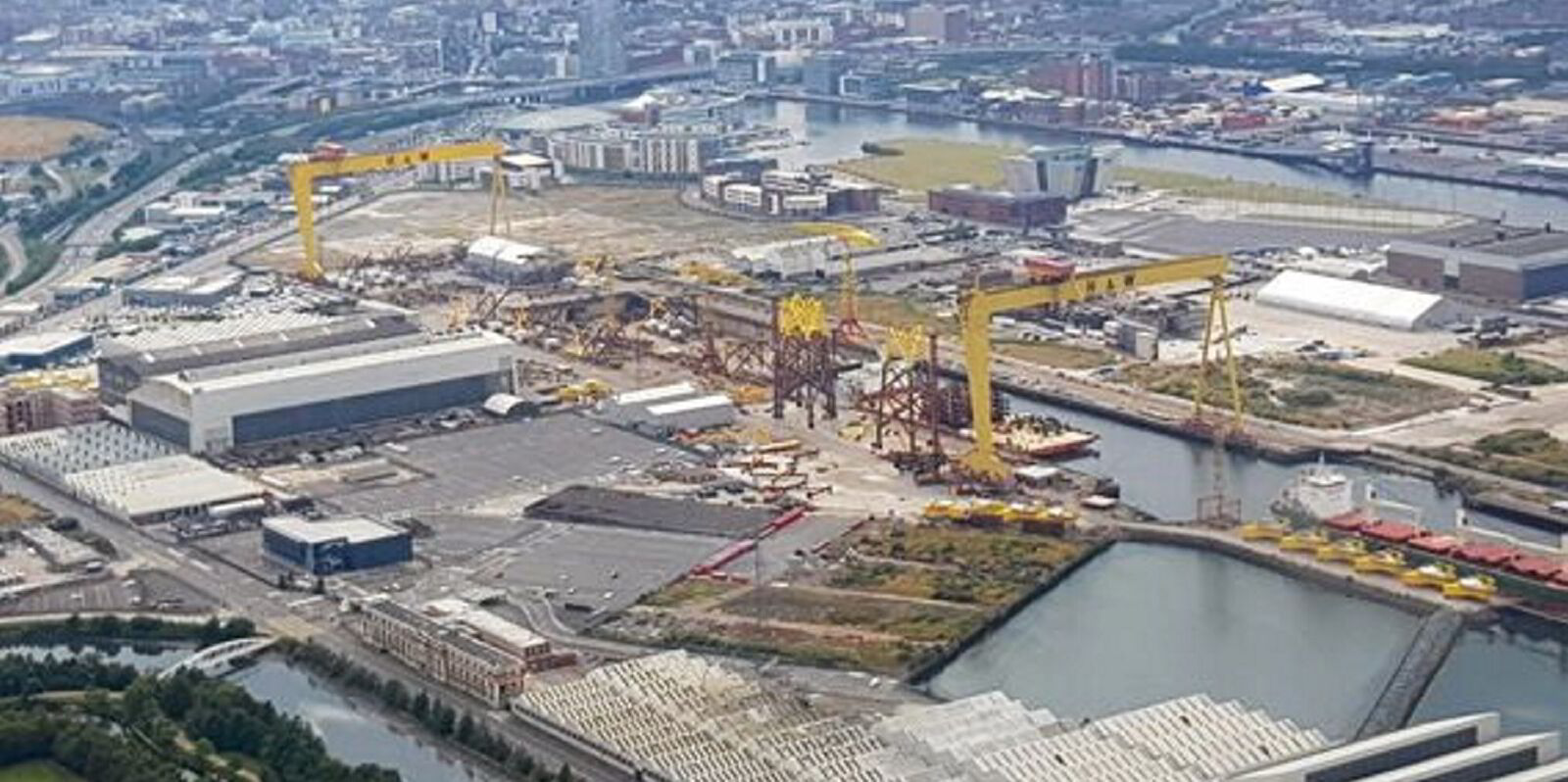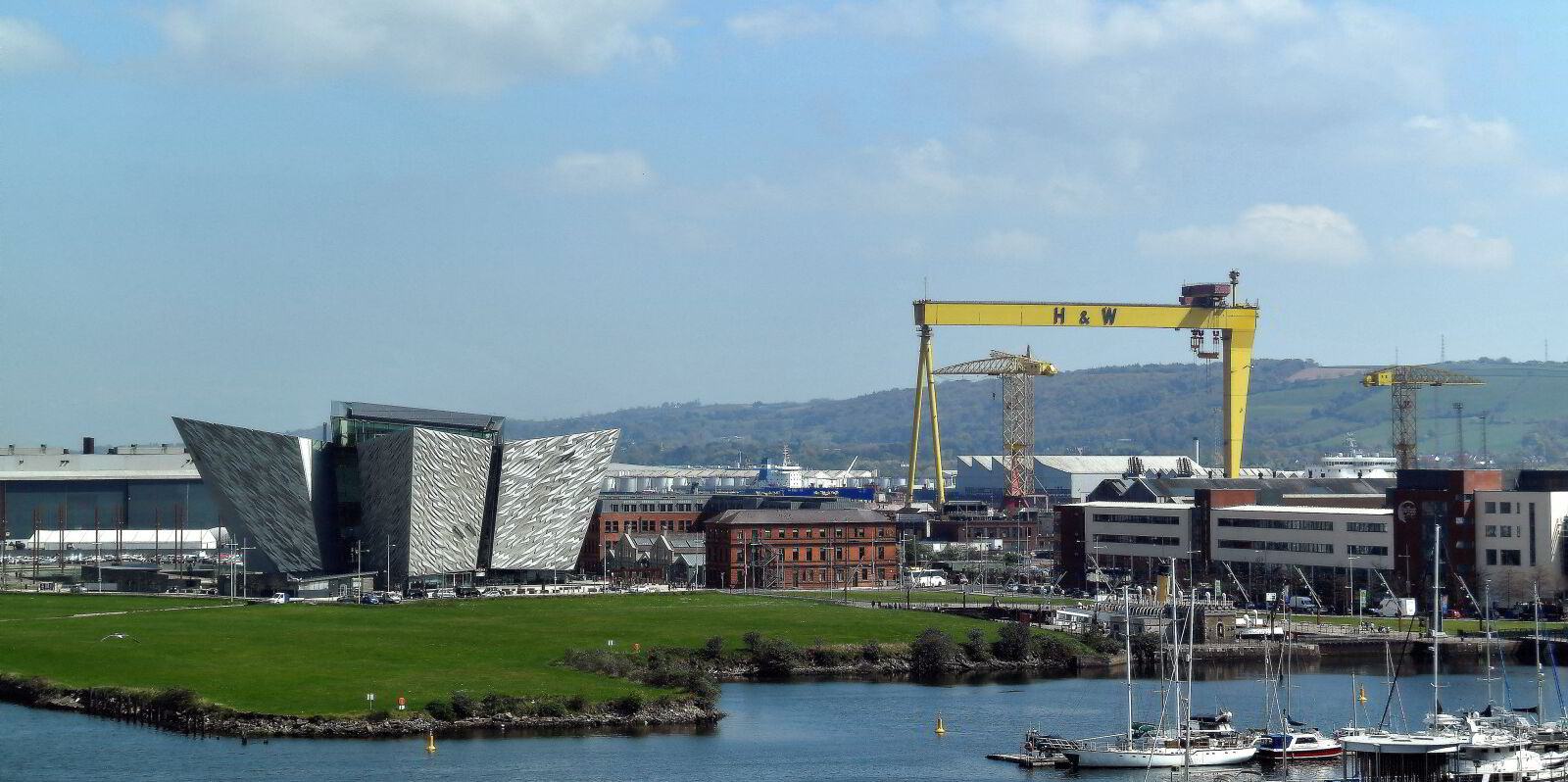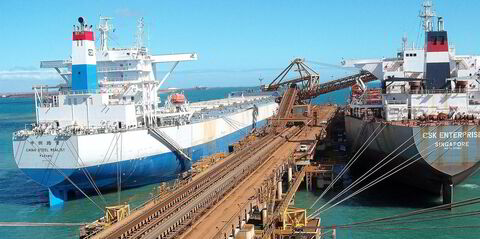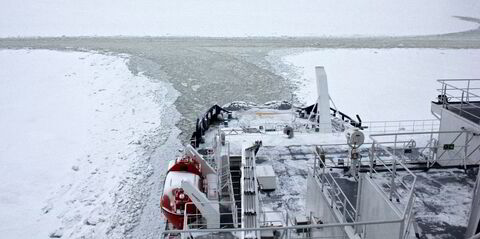Historic UK shipbuilder Harland & Wolff, has apologised to its shareholders during an informal meeting discussing the company filing for administration.
The company had been working to secure a long-term future for the business but admitted it was unfortunate that they had been unable to take all its stakeholders “along this pathway”, leading to the loss of some jobs, unpaid amounts owed to creditors and the administration of the company for shareholders.
Executive director Russell Downs said: “I myself am sorry for that, but it’s been against the drive to secure the best outcome the yards and businesses as a whole that’s driven those decisions.”
Downs said the company continues to explore a route for interim funding to support the business while adviser Rothschild & Co assesses strategic options for the group, which is expected to progress by the end of September.
The company secured a $25m emergency cash injection in July from its lender, Riverstone Credit Partners, which follows the UK government rejecting its £200m ($256m) loan guarantee, ruling it too risky for taxpayers.
“Business has been bad at times. We were late on payments to our landlord as well as key suppliers and that has impaired trust and confidence, which is needed in any business relationship,” Downs admitted, while stating they were trying to restore that trust.
Shareholders asked why the board of directors did not engage with rumoured interest form Australian billionaire Clive Palmer, who might have provided an affordable loan.
Downs responded: “It’s hard to comment but we interacted with all interested parties at some point and continue to do so by directing them to Rothchild and co so they can explore that interest.”
In his opening remarks, Downs paid homage to the core of Harland & Wolff, its workforce, over more obvious romanticised references to the Titanic and “those cranes over the Belfast landscape”.
“I can only start in one place and that’s four names and four numbers: … Appledore, 2,000; Arnish, 1,700; Belfast, 35,000; and Methil, 2,500. Those are the headcounts at each of our yards during our peak. Over 40,000 people producing ships of real significance to the UK and the wider economy.”
Today Appledore has 200 employees, and Arnish has 150. There are 600 at Belfast and 200 Methil. That adds up to over 1,100 jobs.
Downs asked himself what labour force be in five years as the company looks to sell its yards to new owners.
“Will the yards flourish as we hope they will under new ownership delivering potentially 15m hours in a re-emerging business, a mature multi-site shipbuilder and renewal fabricator?” he said.
“We believe this resolve to achieve that objective will be the best for all the group stakeholders. Securing that outcome will be the best we can achieve under the circumstances.”
In his concluding comments, Downs said there is a need for operation and performance improvement across all yards.
“I see us moving into new ownership. We need to overcome financial difficulties, and I am confident we can,” he admitted.
